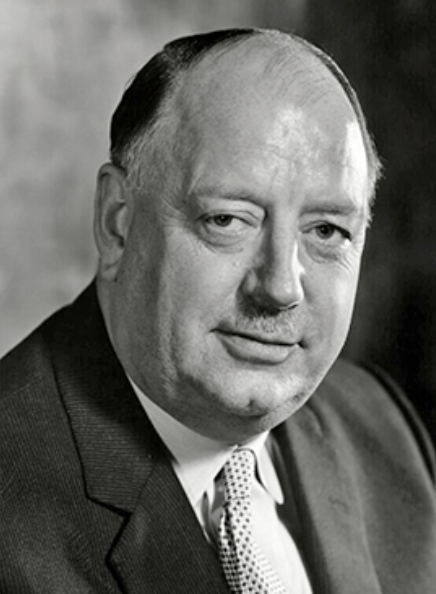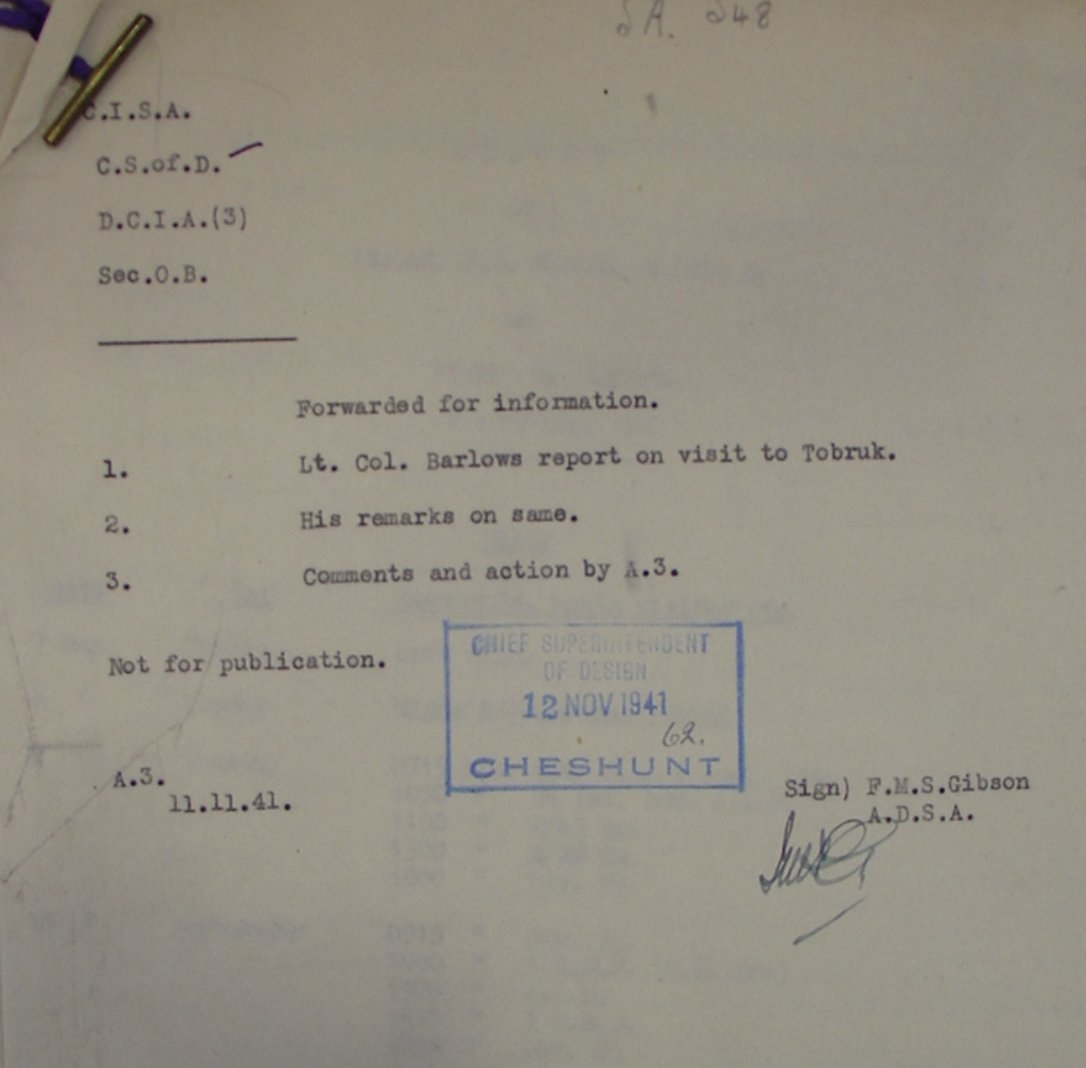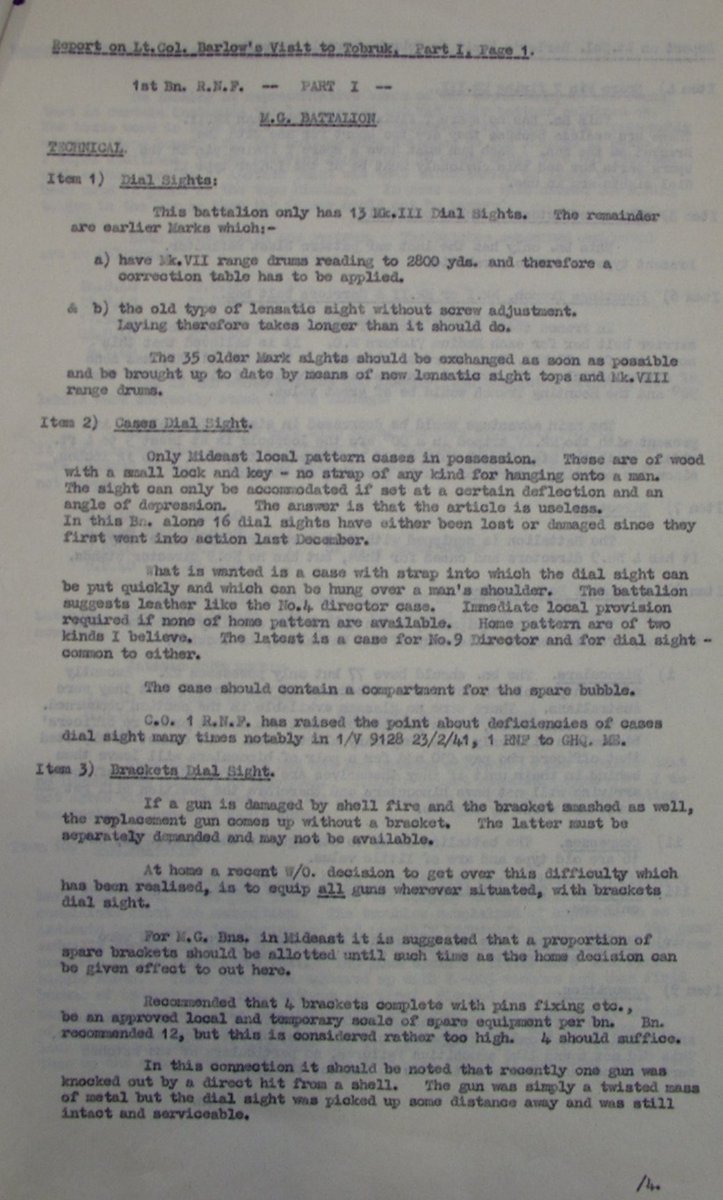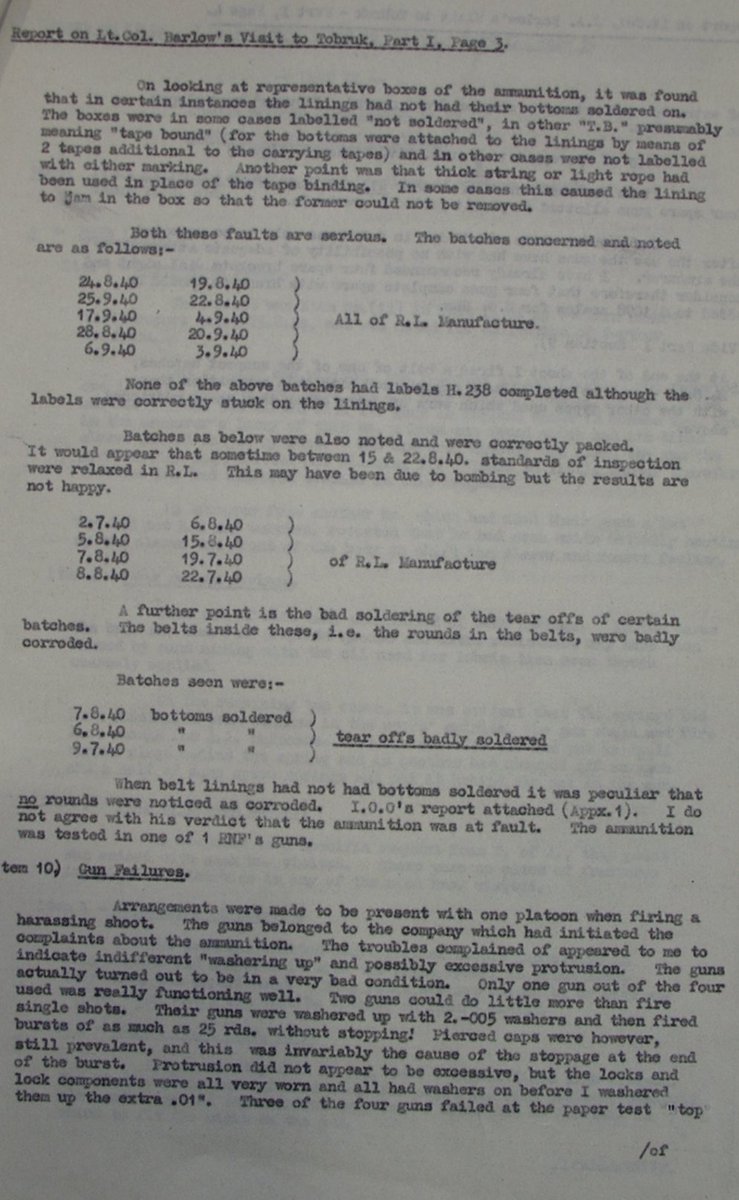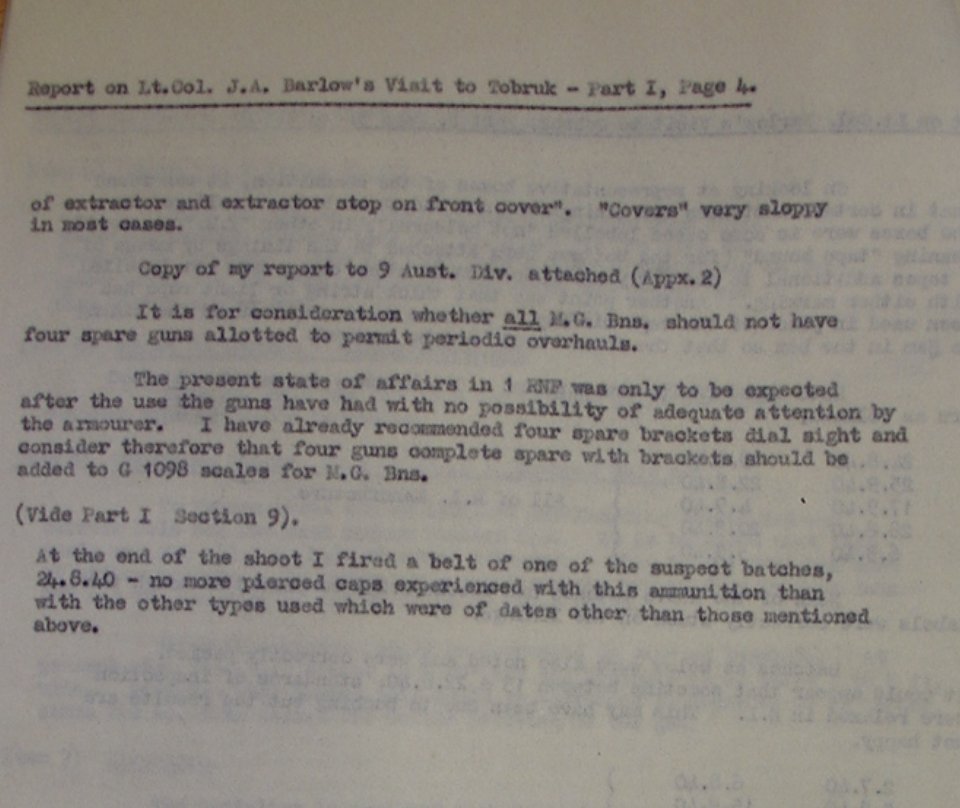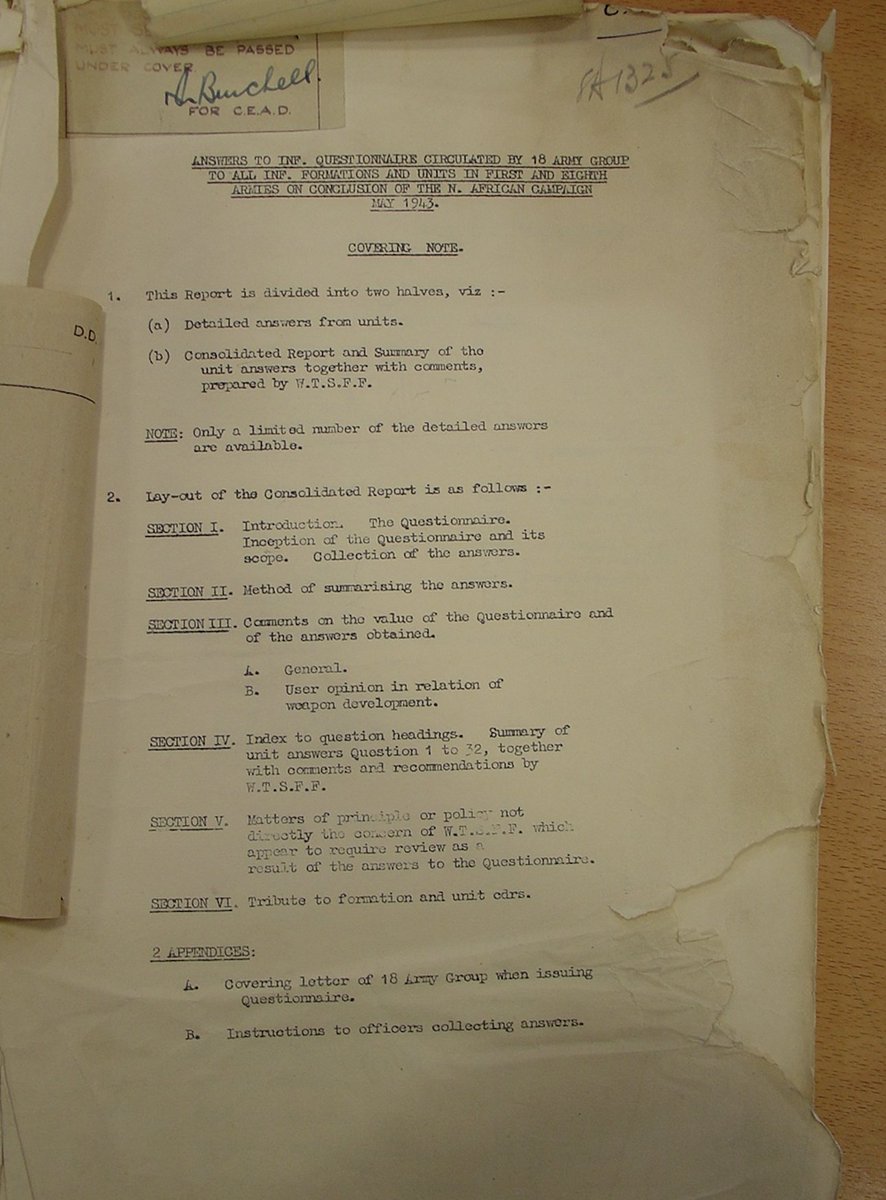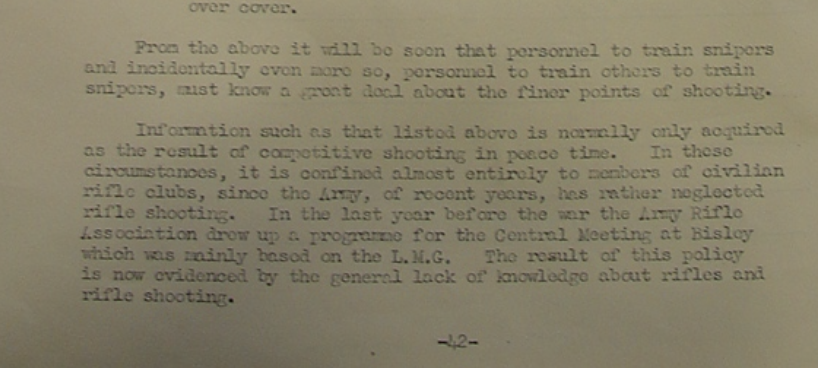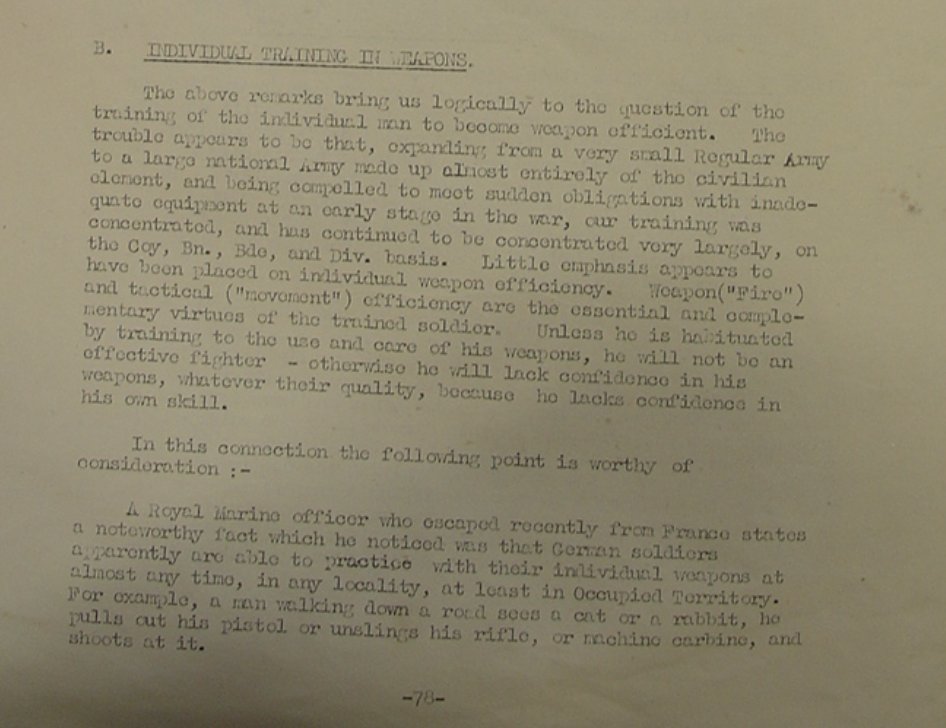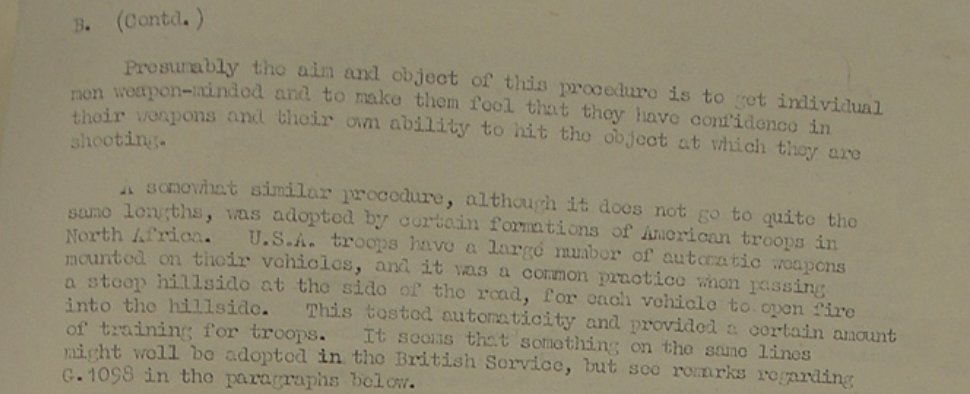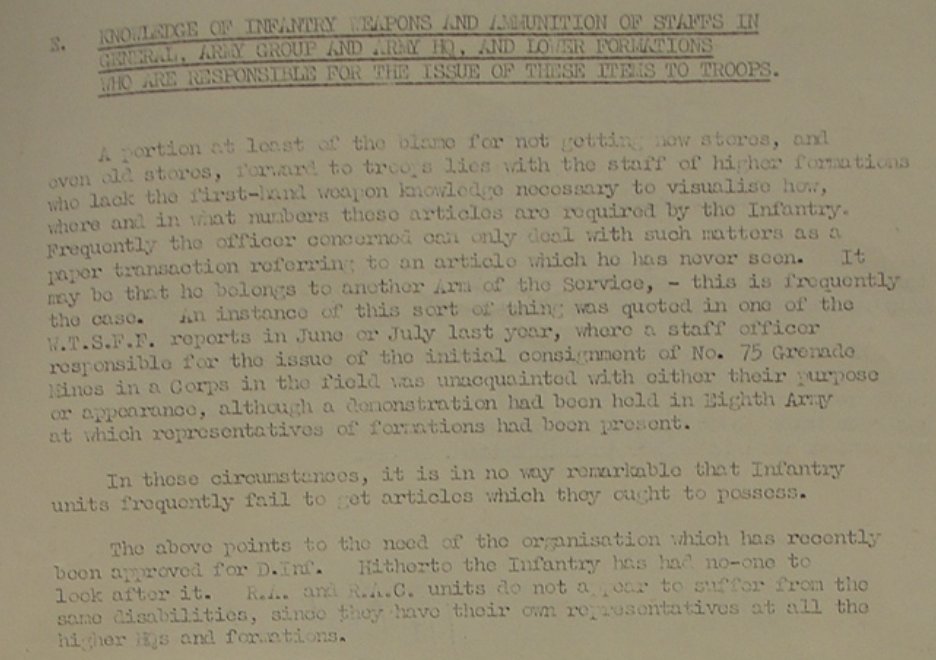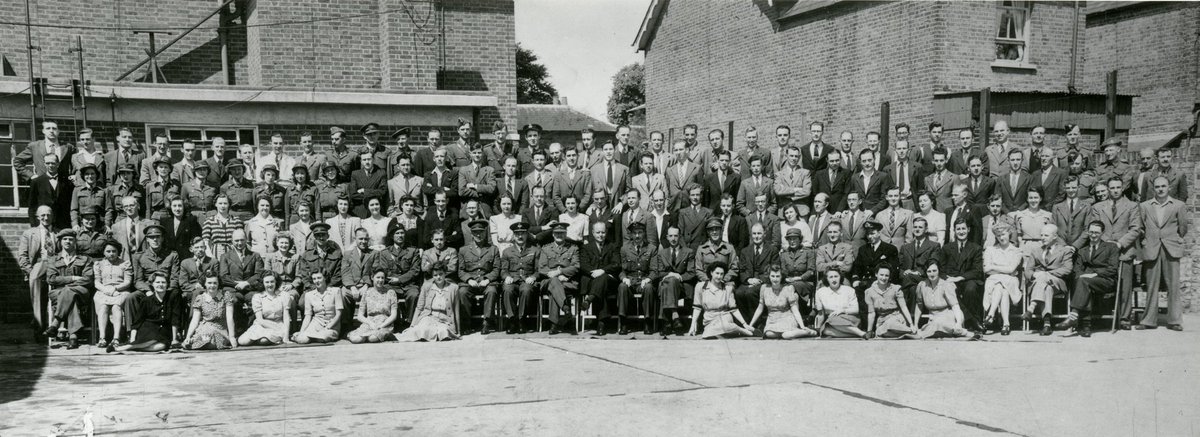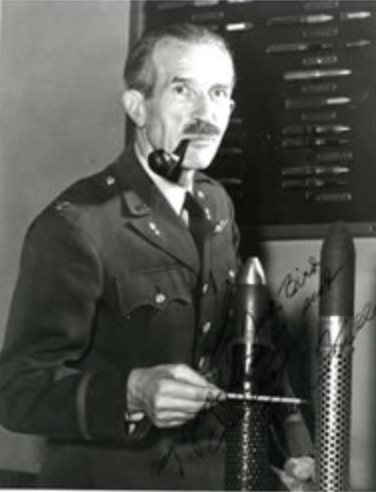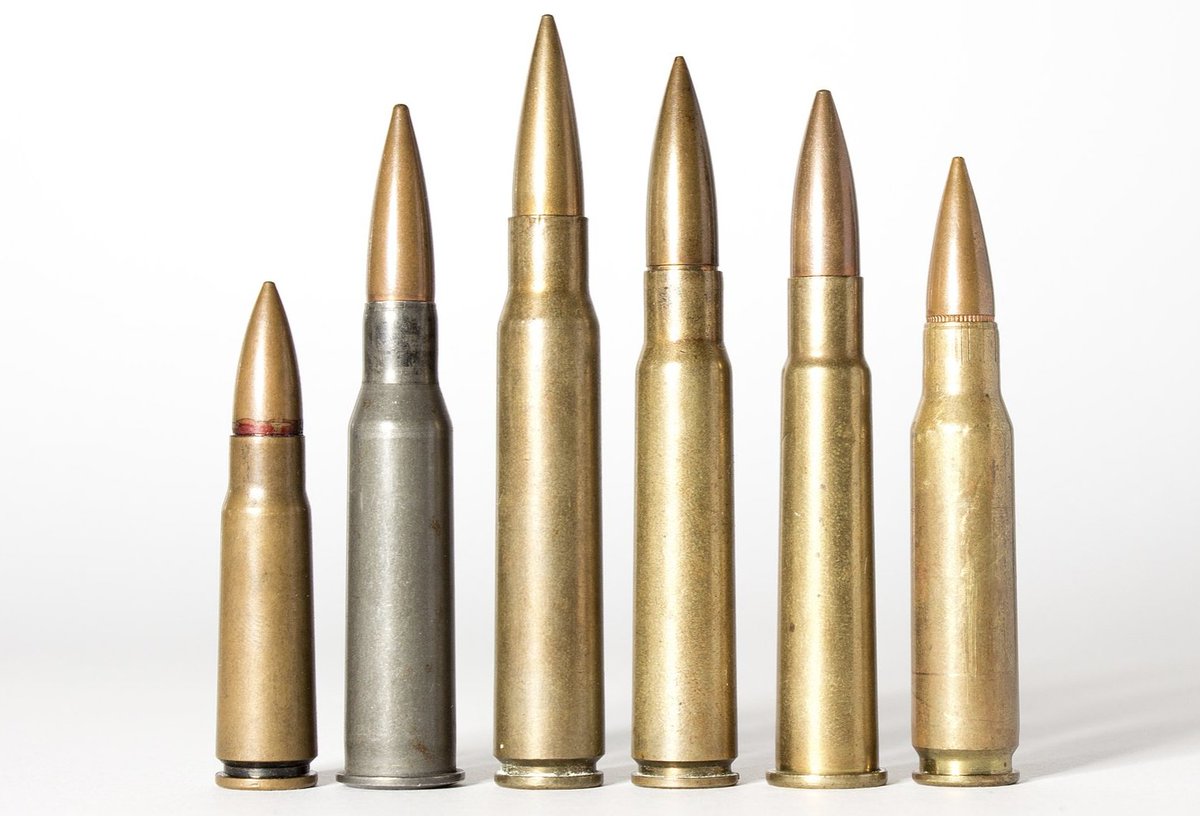So I said that I'd pick up the story of Brigadier Barlow in a subsequent thread.
Alongside Colonel René Studler of the US Ordnance Corps, Brigader Barlow was instrumental in the post-war discussions of small arms ammunition and weapon standardisation.
1/ https://twitter.com/warmatters/status/1344710668675665922
Alongside Colonel René Studler of the US Ordnance Corps, Brigader Barlow was instrumental in the post-war discussions of small arms ammunition and weapon standardisation.
1/ https://twitter.com/warmatters/status/1344710668675665922
He's even more instrumental than the "Ideal Calibre Panel" which was chaired by the operational researcher Dr Richard Beeching, also of the 1963, Reshaping of British Railways, report that Brits regularly go on about.
2/
2/
Anyway to Barlow...
Barlow was Director of Artillery (small arms from late 1945 to mid-1953).
From well before the SWW he wrote a number of books on small arms and shooting, at least one of which came out in 4 or more editions.
https://www.abebooks.co.uk/servlet/BookDetailsPL?bi=30793864342
3/
Barlow was Director of Artillery (small arms from late 1945 to mid-1953).
From well before the SWW he wrote a number of books on small arms and shooting, at least one of which came out in 4 or more editions.
https://www.abebooks.co.uk/servlet/BookDetailsPL?bi=30793864342
3/
Barlow won the King's Prize at Bisely twice. He was 16 times a member of the Army 8 shooting team, captaining it between 1925 and 1946.
He also shot for Britain at the 1948 & 1952 Olympics.
4/
He also shot for Britain at the 1948 & 1952 Olympics.
4/
As a captain before the war he was Assistant Superintendent at the Design Department at Hythe and he had been an important contributor at a January 27th 1937 Special Meeting of the Small Arms Committee investigating inefficiencies in the design establishments.
5/
5/
As part of the Weapons Technical Staff, Barlow had been to Tobruk in September 1941.
He consistently demonstrates the importance of small arms use as part of an entire ecosystem where training, maintenance and supply can either enhance or undermine soldier weapon mindedness.
6/
He consistently demonstrates the importance of small arms use as part of an entire ecosystem where training, maintenance and supply can either enhance or undermine soldier weapon mindedness.
6/
& again consolidated his views on small arms in his report "Summary & Consolidated Report by WTSFF on Infantry Questionnaire and Answers from Units in First and Eighth Armies on Conclusion of N. African Campaign May 1943" while Deputy Director General of Artillery in late 43.
7/
7/
The problem with shooting skills started early in the war.
The solution? To shoot more and in a way that might mirror some US Army practices...
9/
The solution? To shoot more and in a way that might mirror some US Army practices...
9/
As an aside (and because this is just a brilliant observation of the weapons mindedness of officers in a mass army)...
10/
10/
And he was no fan of the "private army complex" that hindered standardising shooting skills, doctrine and weapon mindedness.
11/
11/
Having gained significant insights into small arms use in mass armies, how soldiers really perform as part of front line commands subject to temperamental supply chains and poor training, Barlow was very familiar with what might be considered an appropriate weapon post-war.
12/
12/
After the war, Barlow was part of a team in the Ministry of Supply that, as Commander Mitchell, the Chief Engineer Armament Design said, "was capable of dealing with complete design & the Dept was determined that it should not be allowed to return to its pre-war condition"
13/
13/
The problem was that European engineers that had joined the Design Department during the war were starting to disperse back to Europe. By September 1947 the ADE(SA) had gone from 170 wartime personnel to 22 staff.
14/
14/
It is against a backdrop of wartime experience, the fact that the ADE potentially faced being put back to a pre-1939 establishment and that the General Staff were committed to adopting US '30.06 SAA that we need to consider the decision to establish the Ideal Calibre Panel.
15/
15/
Only then can think through the post-war clash of wills between Barlow and Colonel René Studler of the Office of US Ordnance (another thread) and the emergence of NATO Small Arms and Small Arms Ammunition standardisation.
16/
16/
In 1945-47, this rivalry wasn't born out of a concern for the Soviets.
It emerged out of a recognition that whoever could deliver weapon standardisation would dominate trans-Atlantic small arms supply and guarantee the survival of their branch.
end/
It emerged out of a recognition that whoever could deliver weapon standardisation would dominate trans-Atlantic small arms supply and guarantee the survival of their branch.
end/

 Read on Twitter
Read on Twitter